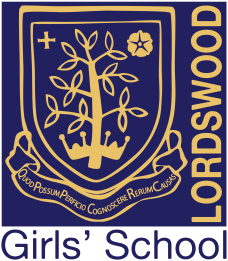Exam board
OCR
Specification
Click here
What is the qualification?
One full GCSE awarded at grades 9 – 1.
What will students be doing on the course? How will it be structured?
There are 3 components:
Living in the UK Today:
This component investigates the dynamic and diverse geography of the UK. It draws on a range of themes to explore the changing but distinctive physical and human environments, the processes which drive them and the challenges they create. Topics covered:
Landscapes of the UK
People of the UK
UK Environmental Challenges
The World Around Us:
This component explores the complexities of the planet and the interconnections that take place. It draws on a range of themes to examine the changing, dynamic nature of physical and human environments, the role of decision makers and the sustainable nature and management of these environments. Topics covered include:
Ecosystems of the Planet
People of the Planet
Environmental threats to our Planet
Geographical Skills
Geographical skills are fundamental to the study and practice of geography. They are integrated into all aspects of the subject. Themes covered include:
Geographical Skills
Fieldwork Assessment
Assessment
Living in the UK Today (01) – 1 hour written paper (30% of total GCSE); The World Around Us (02) – 1 hour written paper (30% of total GCSE)
Geographical Skills (03) – 1 hour 30 minutes written paper (40% of total GCSE)
What skills do students need to develop to be successful at this course?
In order to be successful on the course students will need to have the following skills:
Literacy – to be able to ‘write like a geographer’, with concise language and good use of key terminology. Organisation – to ensure that all deadlines are met and that students prepare well for assessments in lessons and formal examinations.
Students will be able to apply a variety of geographical skills in familiar and novel contexts. The course will embed and contextualise the skills in the content of Living in the UK Today (01) and The World Around Us (02). Listed below are just a few of the skills students will develop:
Cartographic skills – select, adapt and construct maps.
Graphical skills – effectively present and communicate data through graphs and charts, whilst developing the skill to extract, interpret, analyse and evaluate information.
Numerical and statistical skills – cross-curricular skills which can be adapted from mathematics.
What could this qualification be used for?
Geography is recognised as a subject which develops many key skills. It will be of benefit to students when applying to college and university as it shows that they have a good understanding of the world around them and possess a range of valuable skills.
Geography is often considered as the link between the sciences and humanities and so works well for those following either route.
